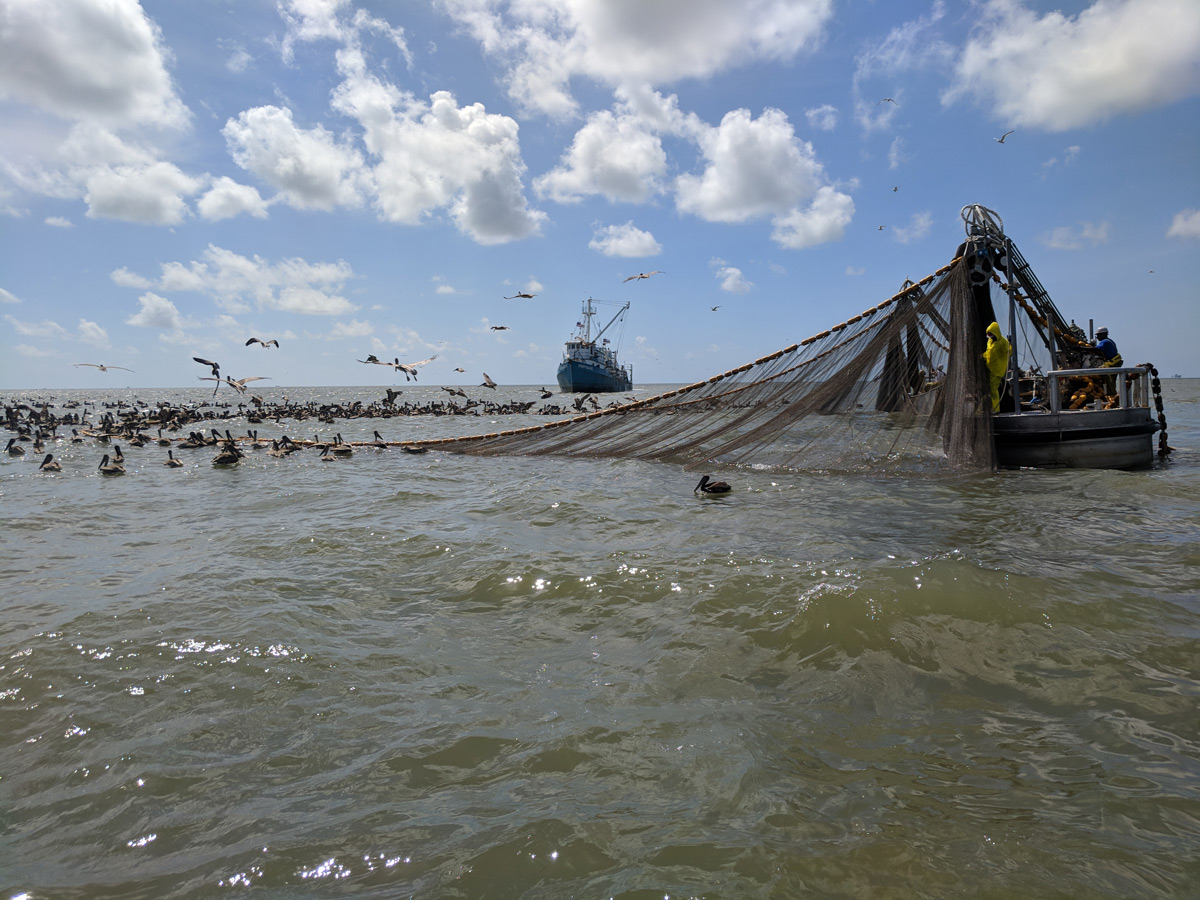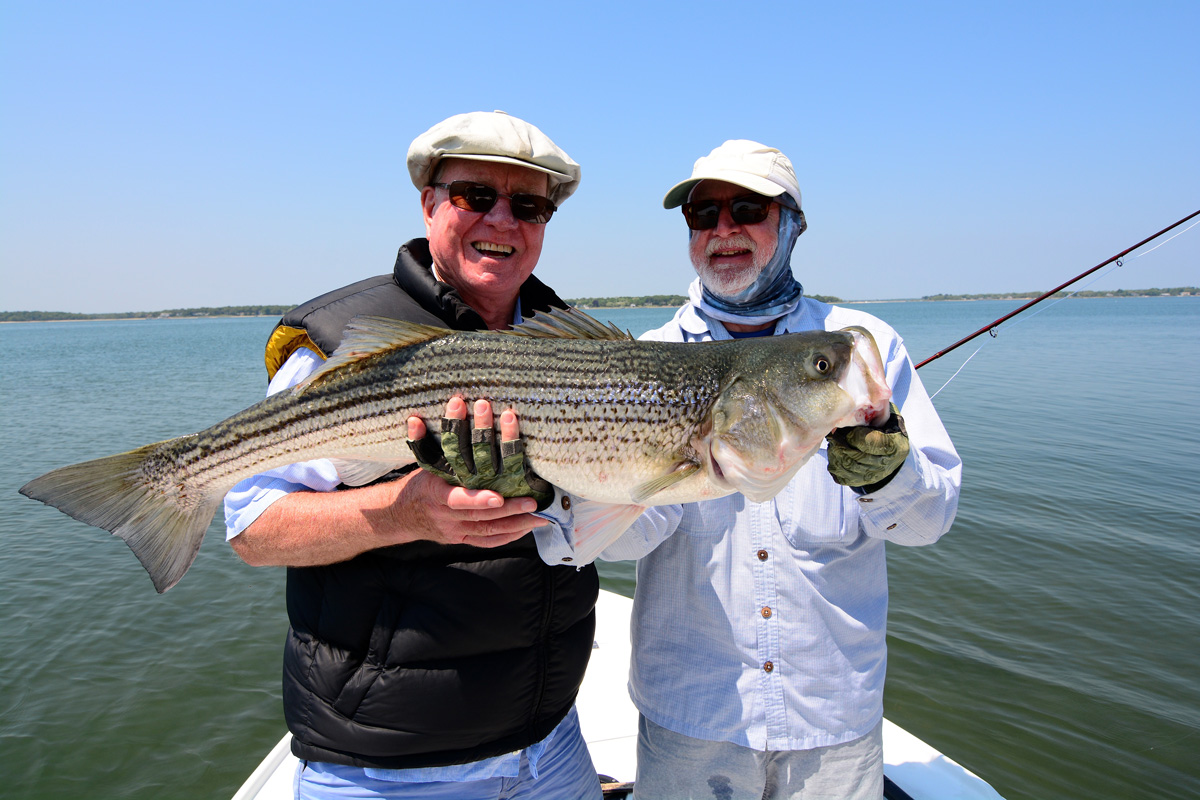CWD Detected Since 1967 final
Do you have any thoughts on this post?
As Acting Administrator Andrew Wheeler is considered for the top job at EPA, hunters and anglers want a clear commitment to clean water and habitat
There is no question that the next chief of the Environmental Protection Agency will have an outsize impact on our clean water resources and hunting and fishing opportunities for years to come. Andrew Wheeler, the acting administrator of the agency and Trump’s nominee for the permanent position, faced tough questions from senators in a confirmation hearing this week—hunters and anglers have a few more.
Hunters and anglers experience the direct and downstream impacts of nutrient runoff, abandoned mines, and wetlands loss firsthand, and we have historically played a central role in the responsible conservation of America’s water, wildlife, and lands. We need to know if Wheeler will commit to including the voices of sportsmen and women in policy decisions.
The EPA and Army Corps of Engineers have proposed a replacement for the Obama-era Clean Water Rule and are giving the public 60 days to comment. Before the 2015 rule was finalized, comments were collected for 200 days. With Clean Water Act protections for wetlands and ephemeral streams—including many headwaters—on the line, we’re asking if Wheeler will extend the comment period so more hunters and anglers can provide feedback.
Right now, there is only one in-person listening session planned for the public to hear from the EPA and Army Corps on the Clean Water Rule. This is such an important part of the democratic process, and in-person interaction helps to put a human face on the concerns of sportsmen and women. Will Wheeler commit to holding more listening sessions so that Americans can tell their stories and understand the true impacts of the rule?
The agencies have proposed eliminating Clean Water Act protections for ephemeral streams and isolated wetlands in the Clean Water Rule replacement. These waters and wetlands provide important habitat for juvenile fish and nesting migratory birds. Perhaps the most critical question is simple: How does Wheeler intend to conserve these habitats that support healthy fish and wildlife populations, hunting and fishing opportunities, and America’s outdoor recreation economy?
Photo by Chesapeake Bay Program
One company that undermines striped bass populations in the Atlantic is paying to put a blue ribbon on its harmful practices
Reduction fishing is the practice of “reducing” huge numbers of fish into oil and meal to be used in other products—primarily feed for other animals, like pets and farmed salmon. Perhaps it’s not a widely known term because reduction fishing is banned in states up and down the east coast, for decades in some places.
In fact, Virginia is the only state that continues to permit the last holdout of the reduction fishing industry in the Atlantic—a single company called Omega Protein, part of the Canadian-owned Cooke Inc.—to continue to fish for menhaden in this way.
The irony of taking forage fish out of the water that would naturally feed most of our ocean predators and grinding it up to feed farmed fish is not lost on anyone. And you don’t have to be a fisherman to understand that when you suck up the fish at the bottom of the food chain, everything else suffers. So, it should be no surprise that removing large quantities of menhaden has had a negative impact on striped bass fishing.

The menhaden reduction fishing industry accounts for 80 percent of the coastwide catch of these important forage fish. At this level of menhaden harvest, the striped bass population has declined by as much as 30 percent. In fact, the latest stock assessment is likely to show that striped bass are overfished.
Despite perpetuating an antiquated practice that reduces biomass of other fish species in the Atlantic, Omega Protein has applied to have the menhaden fishery certified as “sustainable” by the Marine Stewardship Council, a private international institution. This certification is strictly a pay-to-play arrangement, and it could successfully put a blue ribbon on fishing practices that rob anglers of our sportfishing opportunities. MSC does not even know how many predators rely on menhaden for food to determine if the fishery can legitimately be considered sustainable. Nobody does.
Now, the Atlantic States Marine Fisheries Commission—the multi-state agency that sets catch limits on menhaden—is working to get to the bottom of this key question, largely because of the recent outcry from sportsmen and women about the impacts of reduction fishing on sportfish populations.

Since November 2017, the ASMFC has had a scientific team working on a model to account for menhaden’s critical role to sportfish like striped bass and the broader ecosystem. And the truth is that no one can certify that the menhaden fishery is “sustainable” until that question is answered.
But it’s likely that MSC will grant the certification, despite publishing in its own report that the health of the striped bass population is directly linked to menhaden. (They also solicited public feedback as part of their determination, which could be overwhelming.)
Instead of certifying that the Atlantic menhaden fishery as sustainable, MSC should be calling on the industry to substantially reduce its catch, so that predators like striped bass don’t take a hit from the removal of 30 percent of their forage base. Further, Congress should put a stop to reduction fishing in the federal waters of the Atlantic, at least until striped bass have recovered.
In the meantime, we’ll do whatever we can to support the fisheries managers at the ASMFC in their efforts to analyze the actual impacts of reduction fishing of menhaden.
Top photo by Stephan Lowy
Our first major ask of the 116th Congress: End the shutdown and put the federal conservation workforce back to work
As freshmen lawmakers join seasoned veterans on Capitol Hill and the partial government shutdown becomes the longest in history, the TRCP is welcoming decision-makers to Washington with a bold message: Here’s what hunters and anglers need from you right now.
These are the top priorities we outlined for Congress in a letter to every office this week:
End the partial government shutdown. This must be the first priority of the 116th Congress. The ongoing government shutdown is having an outsized impact on our nation’s land management agencies and natural resources, as basic public access has been curtailed, and wildlife habitat restoration projects grind to a halt. There is no more urgent conservation issue than putting the people of the Department of the Interior, Agriculture, and Environmental Protection Agency back to work on behalf of the American people, and our fish and wildlife resources.
Recommit to public lands. The waning days of the 115th Congress saw time run out on a comprehensive public lands package that included reauthorization of the Land and Water Conservation Fund and numerous sportsmen’s priorities. The 116th Congress should capitalize on this momentum by taking early action on that bipartisan and bicameral agreement.
Rebuild our nature-based infrastructure. Natural systems—like coastal barrier islands, wetlands, and intact flood plains—provide some of the most effective and durable solutions to reducing the impacts of large storm events and protecting public safety, natural resources, and homes and businesses. As Congress looks to invest in our national infrastructure, the value of our natural infrastructure should be reflected in new policy and funding.
Don’t ignore climate change. Climate change is altering migration patterns and mating seasons, stressing native species, and lengthening wildfire seasons. Sportsmen and women are often on the front lines to view these kinds of changes firsthand, and we recognize that climate challenges profoundly threaten the future of our traditions and the outdoor economy. Hunters and anglers look forward to being part of the conversation on addressing the issue of climate change and creating a solutions-based approach to managing carbon emissions.
Guard against significant cuts to conservation funding. Fiscal Year 2020 signals the end of the bipartisan budget agreement of 2018 and the potential return of budget sequestration, which will initiate across-the-board cuts to federal resource conservation and land management budgets. Congress must take action to avoid the return of drastic funding cuts for conservation programs that, in many cases, are already underfunded.
In the coming weeks and days, we will continue this conversation with lawmakers on both sides of the aisle and develop ways we can partner to meet the needs of America’s hunters, anglers, and unique natural resources.
And we’ll be in touch with sportsmen and women, like you, when there are opportunities to apply pressure and hold policymakers accountable.
Photo by Whitney Potter
To do right by public lands, lawmakers need to work together
While Washington plays the blame game, the Theodore Roosevelt Conservation Partnership is calling on our elected officials to work together and reopen the government.
Stories about trash piling up in wildlife refuges and volunteers cleaning toilets in national parks are making national news.
As a result, the TRCP is in contact with the nation’s land management agencies to get status updates on our lands, waters, and wildlife. If you have experienced an impact of the government shutdown, please let us know so we can work to address it.
Our fish and wildlife resources, public lands, and the people who carry out conservation in America should not be ignored. Take action today and join the TRCP in calling for an end to this shutdown.
I stand with @TheTRCP in supporting our public lands. It’s time for Washington to #EndTheShutdown. Share on X
Photo Credit: Architect of the Capitol
TRCP has partnered with Afuera Coffee Co. to further our commitment to conservation. $4 from each bag is donated to the TRCP, to help continue our efforts of safeguarding critical habitats, productive hunting grounds, and favorite fishing holes for future generations.
Learn More
